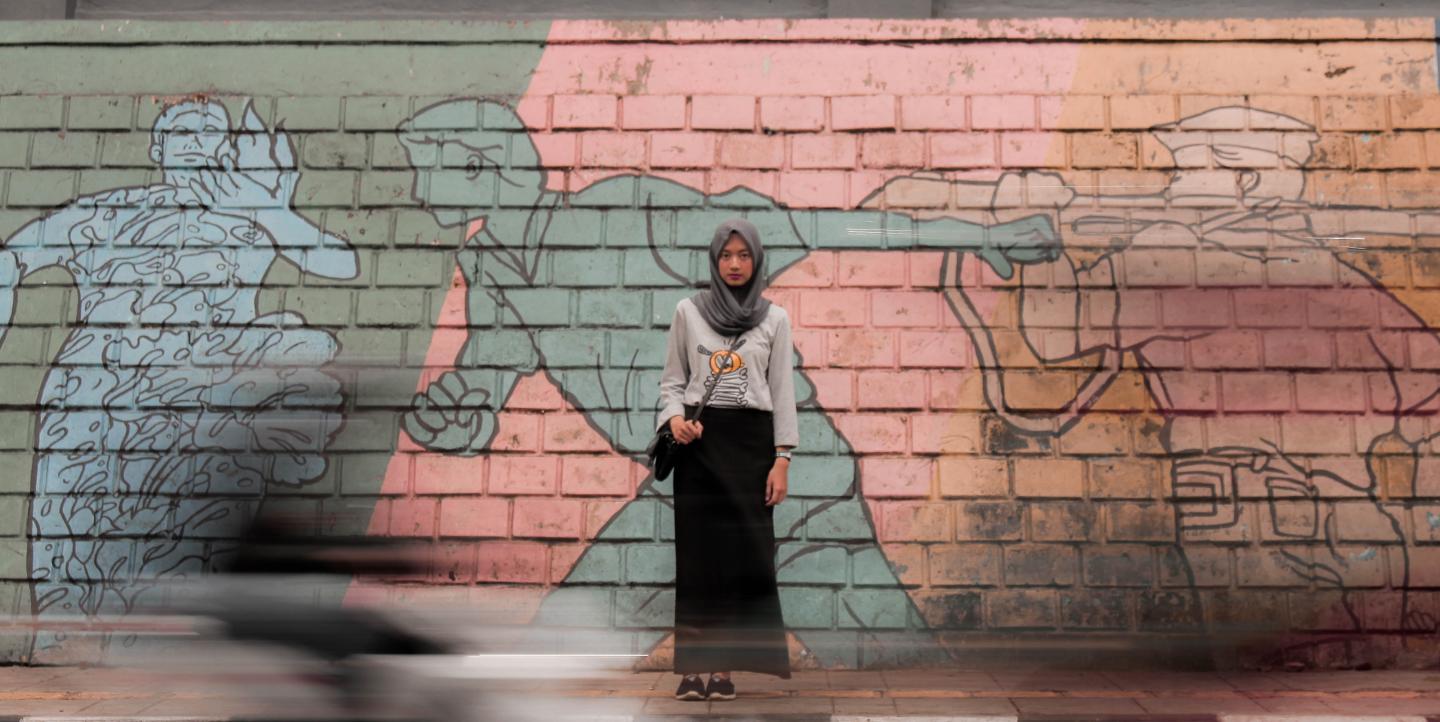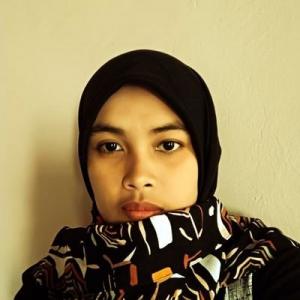Women in Indonesia still face challenges ranging from deeply entrenched patriarchal attitudes — due to cultural or religious beliefs — to a lack of government support for legislation that can guarantee their rights and protect them from various forms of violence.
Indonesia, the world's most populous Muslim-majority country, was ranked 85 out of 153 countries in the World Economic Forum’s 2020 Gender Gap Index after scoring poorly on economic participation, education and political empowerment.
In a country where conservative values are still widely held, issues around gender inequality, sexuality and LGBTQI+ rights are almost never discussed in the public sphere. Media focused on women often only positions them as objects and commodities, with content focused on lifestyle, fashion and beauty, without discussing the issues that empower them.
But a Jakarta-based online magazine, Magdalene, is changing the game. The feminist magazine publishes articles in two languages — English and Indonesian — offering new values and perspectives on women, and raising a range of issues including religion, politics and social conditions.
"We want to provide quality content and represent women's experiences that are more authentic and inclusive with a gender-based approach," said Magdalene co-founder Devi Asmarani. "We criticize all the practices that have been taken for granted, which perpetuate various injustices and inequalities."
Articles written by Magdalene's journalists and contributors will hardly be encountered in conventional media, such as "I Like Women and My Mother Wants Me to Suffer Because of It," “6 Feminist Influencers That Will Change The Way You See Yourself and Others” and "New and Important Sex-Ed Film Shatters Stereotypes." They also have a podcast and even a book, which was published in 2019.
Magdalene was co-founded by Asmarani alongside fellow journalists Hera Diani and Karima Anjani in 2013 with the mission of promoting gender equality, women's empowerment, pluralism and tolerance. They claim to channel the voices of feminists, pluralists and progressives — or just those who are not afraid to be different in terms of their gender, color or sexual preferences.
[Read more: How to handle gender identity in reporting]
Even though the issues Magdalene’s journalists discuss seem heavy, their delivery is light, with language that’s easy for ordinary people to understand. Most of their readers are women 18-30, but they don’t all fall in that demographic. Magdalene has also attracted some male readers, which make up about 30% of their audience.
One of those men is Riza Akbar, who said Magdalene helped him understand gender relations, and how he should position himself as a man: "Magdalene opened my horizons about many things, and it makes me grateful they exist."
As is common among independent media organizations, Magdalene's most difficult challenge is related to funding. For the first five years, Asmarani and Diani paid their employees' salaries with money from their own pockets. They don't even have a physical office.
"If it wasn't for passion, maybe we would have stopped," said Asmarani, who also works as Magdalene’s editor-in-chief.
There are now 12 staff members at the organization, which includes the editorial team, journalists and apprentices.
"The point is that we really lack human resources and funds," said Asmarani, who has been a journalist for more than 20 years.
Magdalene’s business model includes selling merchandise and holding events. They also created a creative agency called Working Room, which hires writers, editors and designers to create and produce content for individuals and companies. This revenue stream delivers the most funding to Magdalene.
[Read more: Strategies for entrepreneurial success from Latin America]
"It's difficult for media like us to survive if we don't have a diverse and strong business model. If we rely on advertising, it certainly won't be able to [support us] because our traffic is not as much as other mainstream media," Asmarani said.
Even though they still struggle to find reliable funding, Magdalene's performance over the past six years of operation did not disappoint. Traffic is around 500,000 users per month. In the past year since they have been able to work full-time to produce more content, the increase in traffic is almost 200%.
"We can survive because we offer something different: quality. We have loyalists, but that is not enough,” said Asmarani. “We must have a good business so that we can be sustainable."
Magdalene reader, Yani Susanti said the online magazine has opened her eyes to feminism and gender-related issues. "The issues raised so far [by Magdalene] cannot be freely discussed in my family and environment," she added. "This has become a kind of guidance for me."
Ainur Romah is a freelance journalist published in the South China Morning Post, the Washington Post, the Globe Post and more.
Main image CC-licensed by Unsplash via Ghiffar Ridhwan.


